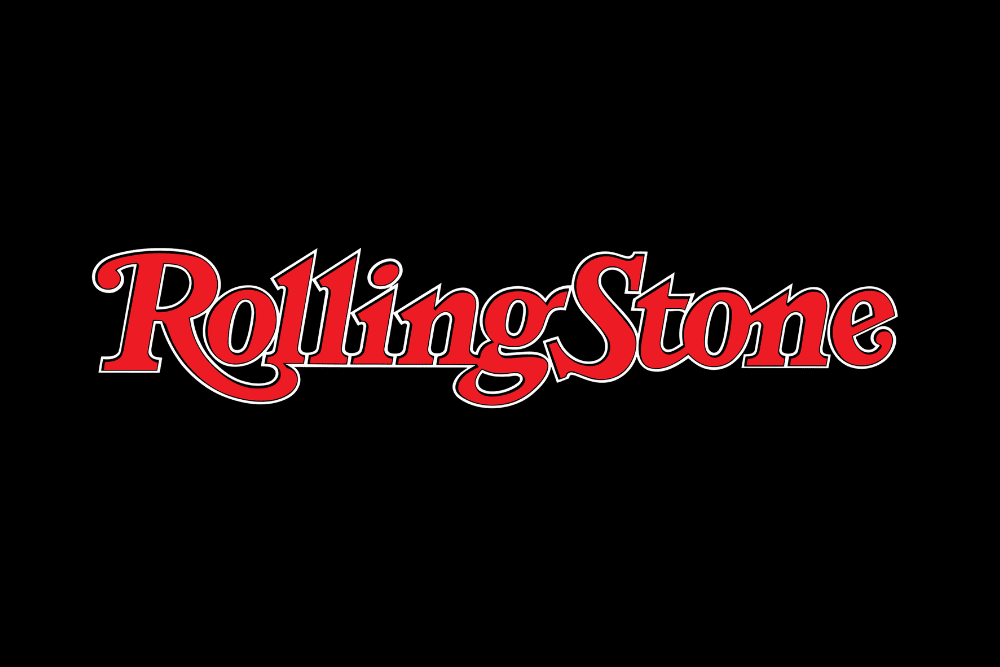Often times, the work environment can be so unbearable that you have to resign from your job. This is called constructive termination or constructive discharge. It is a form of wrongful termination.
Resigning from your job can be very understandable, especially in situations where you’ve suffered harassment, retaliation, or discrimination based on your gender, sexual orientation, age, race, or disability. There may even be times when you complain repeatedly about issues at the workplace—whether it be unsafe working conditions, wage and hour violations, or mistreatment of your coworkers—but nothing gets done and you have no choice but to resign.
In situations when you’ve requested an accommodation for a disability or medical condition, an employer may claim that it cannot accommodate you and ask you to either resign or accept a demotion or transfer that you do not want to accept.
If any of the above situations apply to you, you should carefully write your resignation letter and should consult an attorney. Too often, employees are scared to write how they truly feel about the work environment in their resignation letters and think they have to be overly polite. Remember that if you intend on pursuing a case against your employer or want to at least leave that possibility open, your resignation letter can and will be used as evidence against you. Your employer can point to it and claim that you did not have any issues with the workplace environment and resigned under good terms. This is why it is important to write an effective, clear, and honest resignation letter with the help of an attorney.
Typically, resignation letters are sent as resignation emails to a member of HR or your supervisor. It should be courteous in tone and professional, so it should avoid writing in all caps or including unnecessary exclamation marks or emojis. It should, however, make your reason for resigning clear—that you felt harassed, discriminated against, or retaliated against, or that your complaints were being ignored—essentially that you were forced to resign, i.e. constructively discharged or constructively terminated. You want to be as specific as possible and avoid going into irrelevant topics.
Your resignation letter should also be clear in how the employer’s conduct negatively affected your mental health and well-being—for example, that you have suffered emotional distress as a result of the workplace issues. Again, you will want to be specific in which types of unlawful conduct caused your emotional distress.
Lastly, you should avoid saying that you intend on suing the company or that you intend on retaining a lawyers.
Here is a recap of the Dos and Don’ts of writing a resignation letter:
Dos
- Be courteous and professional in your tone but not overly nice—remember, you are resigning for a reason.
- Discuss how you have been affected emotionally by your employer’s misconduct.
- Be very specific about your issues with the workplace and supervisors
- Clarify what you previously complained about.
o Why did you complain, and why did your employer fail to address your complaint?
Don’ts:
- Be unprofessional and use all caps, unnecessary exclamation points or emojis.
- Go into detail about issues that do not relate to what you perceive to be unlawful conduct at the workplace.
- Say you’re going to sue the company or retain a lawyer.











